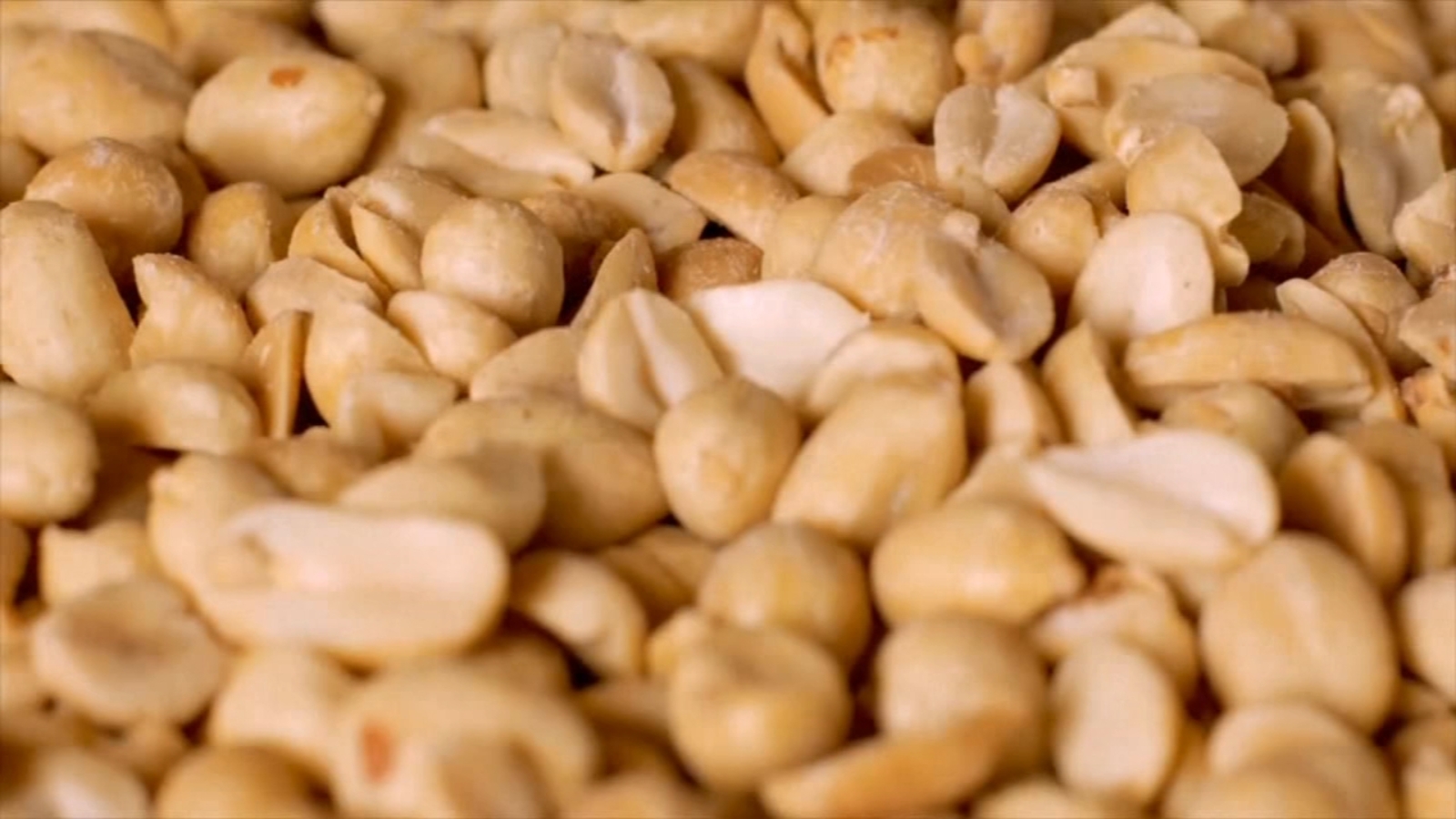In a recent study conducted at Northwestern University Feinberg School of Medicine, researchers discovered that enhancing pediatricians’ abilities to follow updated allergy-prevention guidelines may significantly decrease the number of young children developing peanut allergies. The findings were published on Monday in the journal Pediatrics.
The study indicates that providing pediatricians with practical tools such as training videos, electronic health record prompts, and educational handouts for parents plays a crucial role in improving counseling on the early introduction of peanut products. According to the study, early inclusion of peanut-containing foods into an infant’s diet may reduce the risk of developing a peanut allergy by as much as 80%. This statistic stems from pivotal clinical trials conducted in the United Kingdom in 2015.
Dr. Tara Narula, the chief medical correspondent for ABC News, provided insights into the study during an appearance on “Good Morning America.” She explained, “This study looked at, ‘If we intervened in pediatric practices — video trainings, handouts to parents, education in the electronic medical record and reporting and also screenings for eczema — could we improve the counseling that they gave?'”
The significance of this study cannot be overstated. Food allergies currently affect approximately 8% of children in the United States, with peanut allergies affecting just over 2% of that group. Notably, the prevalence of peanut allergies has climbed from about 0.4% in the late 1990s, as per a 2015 paper published in the Journal of Allergy and Clinical Immunology.
Historically, the approach toward peanut introduction was markedly different. Dr. Narula noted, “It used to be in the past that if you were worried your kid might develop a peanut allergy, you actually didn’t give them peanuts at all until they were older.”
A groundbreaking study in 2015 altered this narrative. It revealed that early exposure to peanut products between the ages of four and six months for high-risk children could dramatically decrease the likelihood of developing an allergy. Dr. Narula commented, “Even though this changed the guidelines since 2017, we still see about 20-30% of pediatricians only promoting this guidance about early exposure.”
The recent research focused on 30 pediatric practices across Illinois, studying the effect of additional support on 18,000 children. It found that 84% of pediatricians in the intervention group successfully received and implemented the appropriate guidance, compared to just 35% in the control group. This illustrates the positive impact that targeted training has on pediatricians’ ability to dispel correct information regarding allergy prevention.
According to the updated allergy guidelines, infants are categorized into three risk groups:
- Low-risk infants: These children have no eczema or egg allergies and may be introduced to peanuts at any age.
- Moderate-risk kids: These are children with mild eczema who should have peanuts introduced around six months.
- High-risk kids: Children with severe eczema or egg allergies should undergo testing for immunoglobulin E (IgE) antibodies and consult with an allergist or physician before introducing peanuts.
Researchers continue to assess whether improved adherence to these guidelines will lead to a decline in the incidence of peanut allergies among children. Dr. Ruchi Gupta, the lead author of the study and a pediatrician and professor at Northwestern University, emphasized the importance of support during pediatric visits. “Because pediatric visits at 4 and 6 months are so busy, this support is critical to ensure families receive clear guidance,” she stated in a press release. “Our hope is that these conversations will help parents feel confident introducing peanut products early. We want to reverse the trend of increasing food allergies in the U.S. through prevention.”
As awareness grows and pediatricians become better equipped to counsel families, the healthcare community remains optimistic about combating food allergies in the future.






